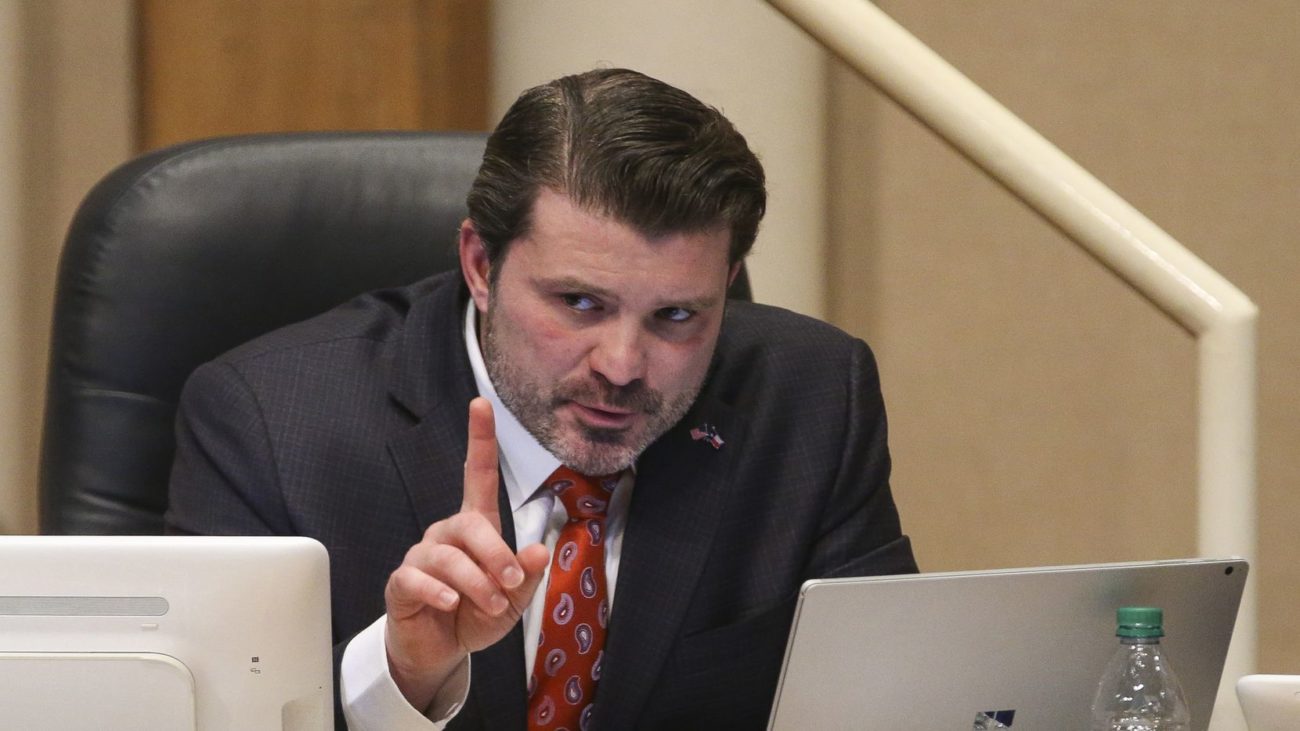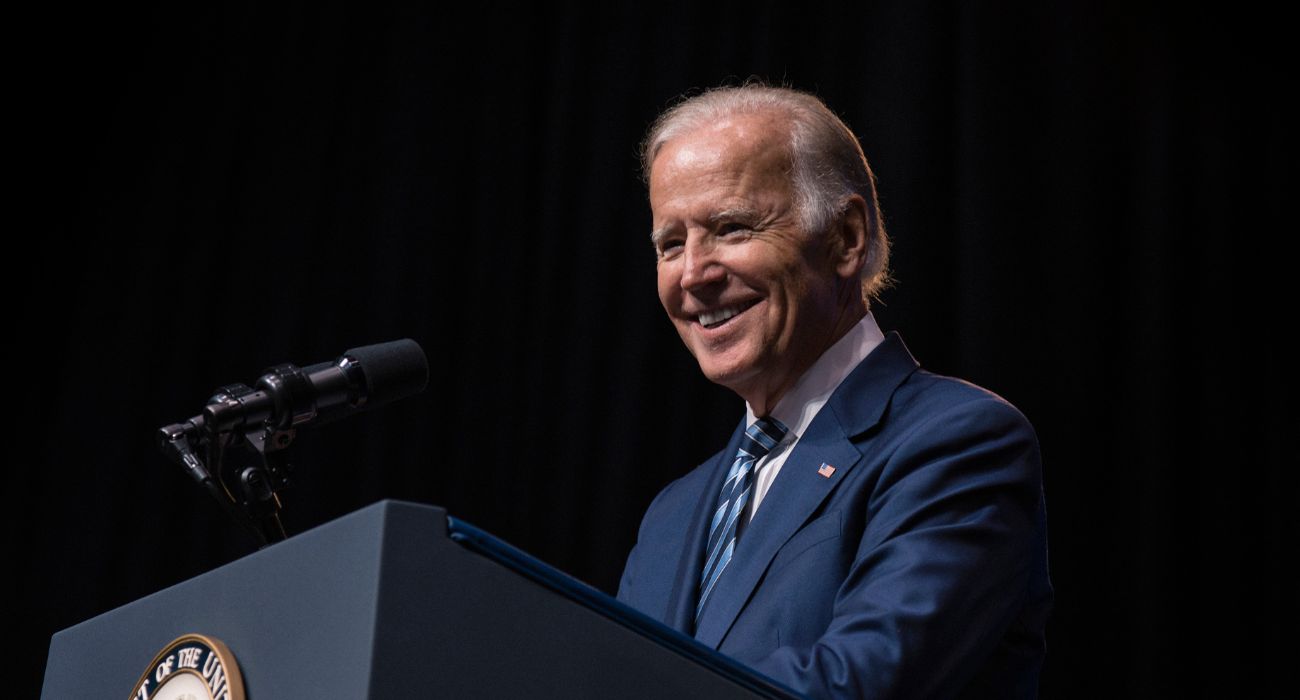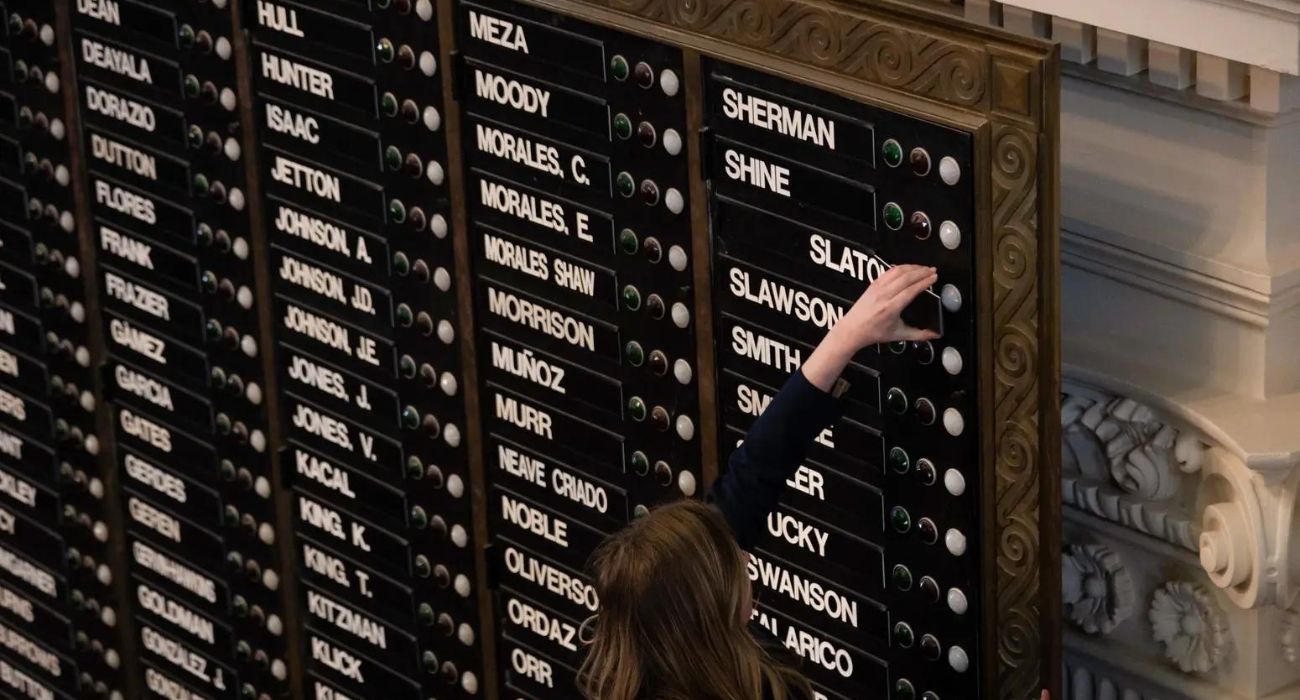The first part of this crash course on the commissioners court by Commissioner J.J. Koch left off by teasing how the Dallas County Commissioners Court can exercise a degree of power over other aspects of local governance, like the courts and certain elected officials.
“We have 100 or so elected officials in Dallas County, all of your judges, district court judges, state, criminal, and civil, right?” said Koch. “You have your county judges, which are probate, criminal and civil courts. You have all the justices of the peace; you have all the constables. Those are all elected officials that [the commissioners court has] the power of the purse over.”
Koch explained how the commissioners court does not pay judges’ salaries in their entirety. Still, it does have the ability to leverage additional compensation and supplemental funding for Dallas County’s justice system.
“I don’t pay the entirety of those district judges’ salary; I pay the supplement to it, I pay for their court, I pay for their court reporter, I pay for their coordinator… And the district clerk, of course… we pay for those folks; we pay, you know, we do their HR, we pay their salary. So, we have the power of the purse strings.”
Koch asked rhetorically, “Now, what does that mean regarding policy?”
He explained that those elected officials have the right to set policy in accordance with the law.
“They can set the policy, but if we don’t pay for it, it can’t be executed. So, it’s one of those things where we can hold it hostage,” Koch said.
Case in point, as reported in The Dallas Express, Koch and the rest of the commissioners court have been considering cutting the pay of state district judges by $18,000 over ongoing performance and accounting concerns regarding a massive backlog of felony prosecutions held up because of the COVID-19 pandemic.
The commissioners court decided to deploy $3.5 million of federal taxpayer money allocated by the American Rescue Plan Act to set up backlog courts to move things along. Still, district judges are struggling to push felony cases through the court system.
Koch pointed out the lack of progress on the judges’ end during a recent commissioners court meeting on the matter, commenting, “Now we’re going to face a pretty embarrassing situation if we cannot account for what we spent to the federal government for that backlog court.”
In such situations, it does not seem to hurt that the commissioners court is empowered to exert some measure of influence over recalcitrant elements of government.
Koch explained that the commissioners court does not just make up its own rules. “Everything we do is in the local government code,” he said.
Now, regarding using county taxpayer dollars to fund transportation projects and related infrastructure, Koch pointed out that very little of the county’s $1.5 billion budget actually goes toward such things.
According to Koch, the trick is getting project designs “shovel ready” so he can access federal taxpayer dollars.
“It’s easier for me to pull down funds from the federal government,” he said.
County budgets simply do not have all that much wiggle room when it comes to spending on things like infrastructure projects without hiking taxes because so much is already spoken for due to “unfunded mandates.”
Unfunded mandates will be the topic of discussion in the final part of this Dallas County Commissioners Court series.







The commissioners use their powers of the purse to influence judges and others.